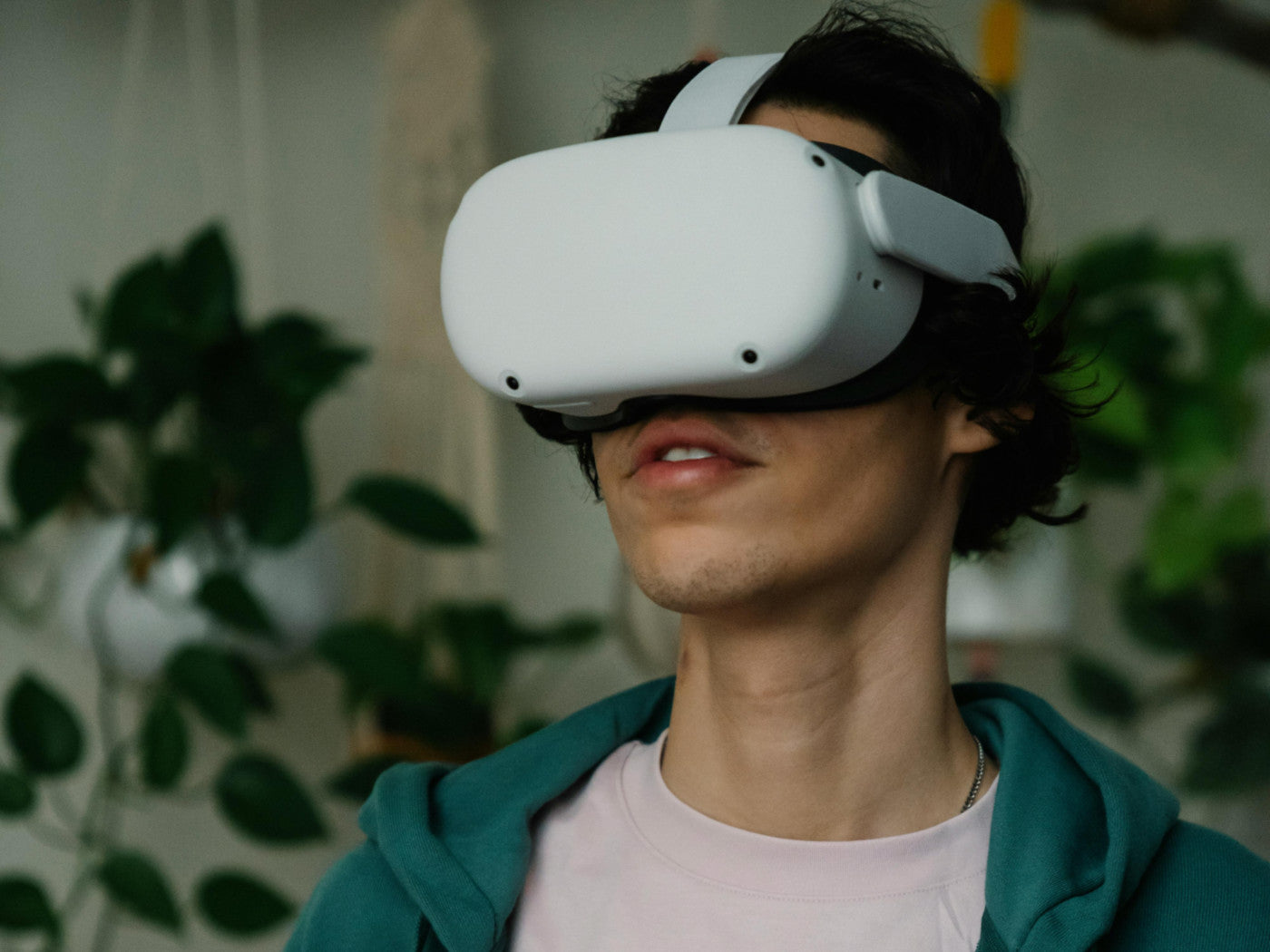With its impressive high-resolution displays and powerful processing capabilities, the Meta Quest headset emerges as the main choice for those in search of an elevated virtual reality experience. Positioned as a preferred choice, it excels in delivering captivating and immersive experiences.
As the prospect of using the Meta Quest headset during travel arises, practical questions emerge about its adaptability within the confined space of a car. This consideration prompts an exploration of the device's compatibility with on-the-go scenarios.
Safety Concerns
Restricted Physical Space
Limited physical space within a moving vehicle poses safety challenges. Participating in virtual reality activities involving physical movements, particularly expansive gestures, introduces the risk of unintended collisions within the vehicle. Potential contact with the vehicle's interior, fellow passengers, or surrounding objects is a constraint that underscores the importance of heightened awareness.

Responsible adaptation of virtual reality interactions becomes imperative within the confined space, requiring users to navigate the immersive experience with a mindful consideration of their surroundings.
Passenger Safety
Passengers participating in VR activities bear a shared responsibility for ensuring the safety and comfort of fellow travelers. Unforeseen movements during gameplay can unintentionally disturb others, possibly causing discomfort or, in more serious cases, compromising the overall safety of the vehicle's occupants.
In-Car Setup Challenges
Setting up and securing a VR headset within the confines of a moving vehicle can pose challenges. Ensuring a stable and comfortable VR setup without compromising safety features such as seatbelts becomes crucial. Users must prioritize a secure setup to mitigate potential risks associated with the physical act of using VR equipment in transit.

Motion Sickness and Disorientation
The limited space within a vehicle, combined with the immersive quality of VR, has the potential to heighten the risk of motion sickness and disorientation. The contrast between virtual movement and the actual motion of the vehicle may generate a sensory mismatch, leading to feelings of discomfort and nausea.
Alternative Forms of Entertainment During Travel
Interactive Games and Apps
Engaging in activities such as trivia, word games, or even interactive storytelling apps can be entertaining and socially engaging for passengers. These options provide a lighthearted and interactive way to pass the time without the need for a VR headset.

Scenic Views and Photo Documentation
Encourage passengers to capture moments through photography or simply relish the changing landscapes. This not only adds a recreational aspect to the trip but also serves as a form of memory documentation.
Mindfulness and Relaxation Apps
Introduce passengers to mindfulness and relaxation apps that facilitate calm and tranquility during the journey. Guided meditation sessions, calming sounds, or breathing exercises contribute to a serene atmosphere, fostering relaxation and reducing travel-related stress.
Recommended Blogs:
- Is It Okay To Sleep While Wearing Your VR Headset?
- 10 Best VR Racing Games - Unleash Your Inner Speed Demon
Recommended Meta Quest 3 Accessories:
1. ZyberVR Black Sling Bag
2. ZyberVR Neck Power Bank
Conclusion
Users are encouraged to explore the wonders of VR gaming in settings that align with safety guidelines and responsible usage. The Meta Quest 3's unique features were acknowledged, suggesting users find optimal environments to fully appreciate its immersive capabilities.





